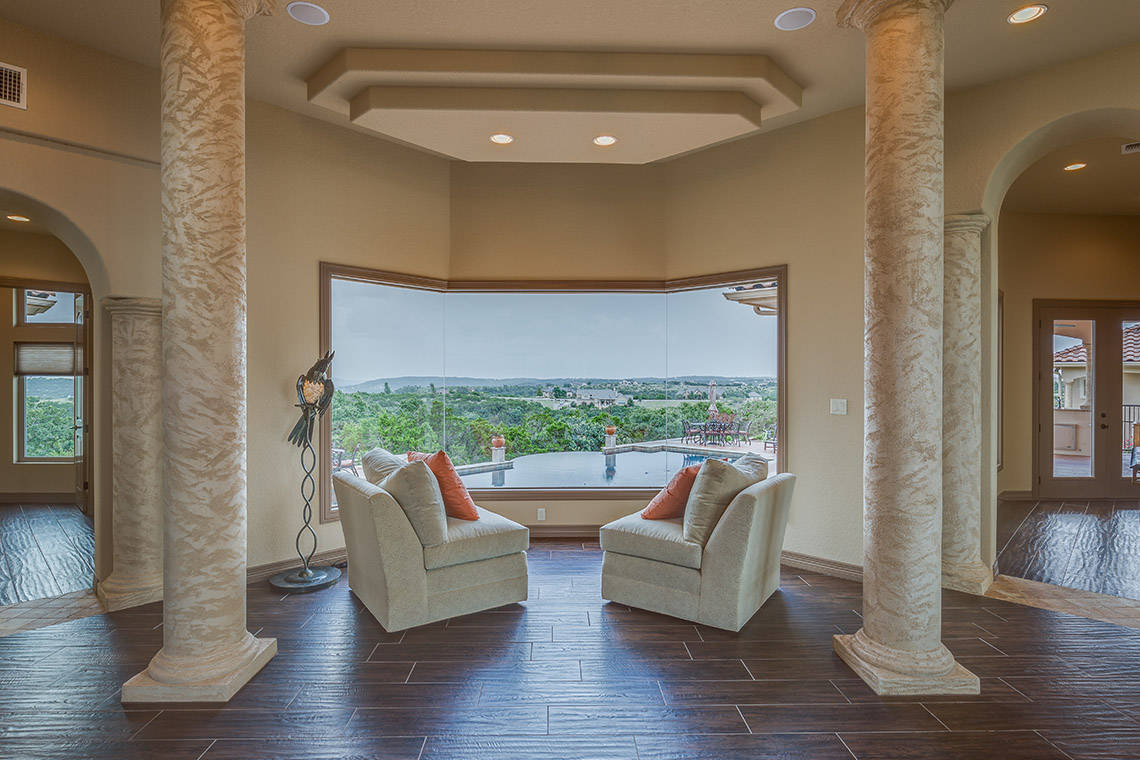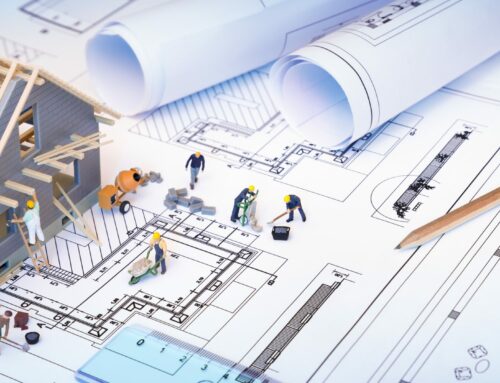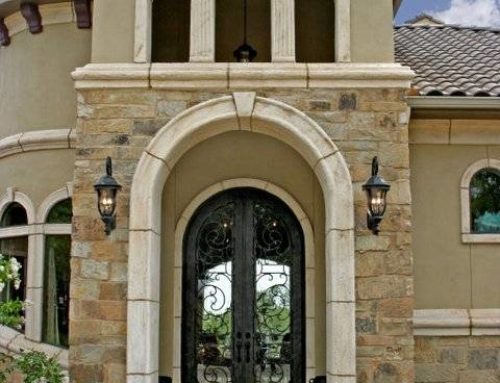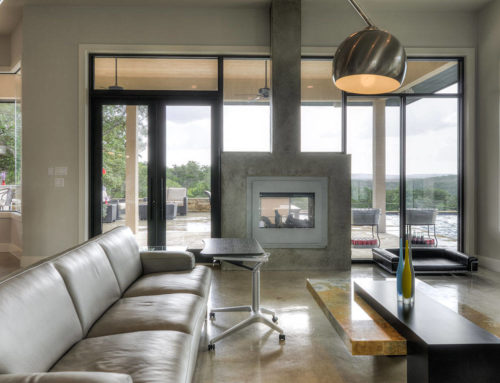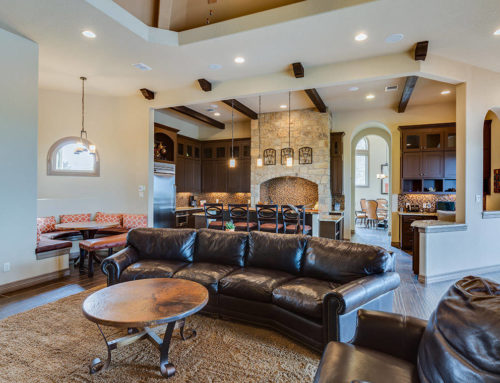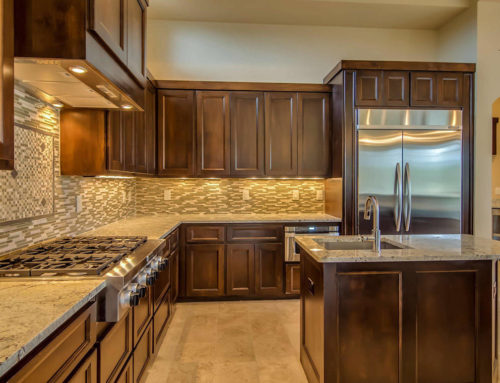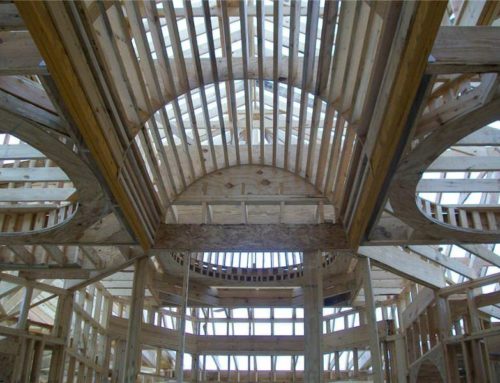[column width=”1/1″ last=”true” title=”” title_type=”single” animation=”none” implicit=”true”]
 A well-defined process can make bidding more accurate and productive.
A well-defined process can make bidding more accurate and productive.
Homeowners see the competitive bidding process as a way to get the most value for their money. But it doesn’t always work that way. Bids are only useful if they come from comparable companies, and if they are structured so that they can be accurately compared. Most owners, and even some architects, do not do a good job at this.
The most important requirement is a complete set of plans and specs. If everything about the project isn’t clearly spelled out, each bidder may make different assumptions–about fixtures, appliances, finishes, and so on–leading to widely divergent bids. And because each bidder’s assumptions will likely differ from the buyer’s, the stage is set for conflict during the project.
The buyer also needs to understand that bidding on a custom home is a considerable investment of time and energy, requiring 40 to 70 hours from the builder’s staff, plus dozens of hours from subcontractors and suppliers. Bidding also represents a financial risk for the builder. Some builders elect not to bid on jobs, preferring instead to work on a cooperative basis with their customers. READ THE FULL ARTICLE…
[/column]

